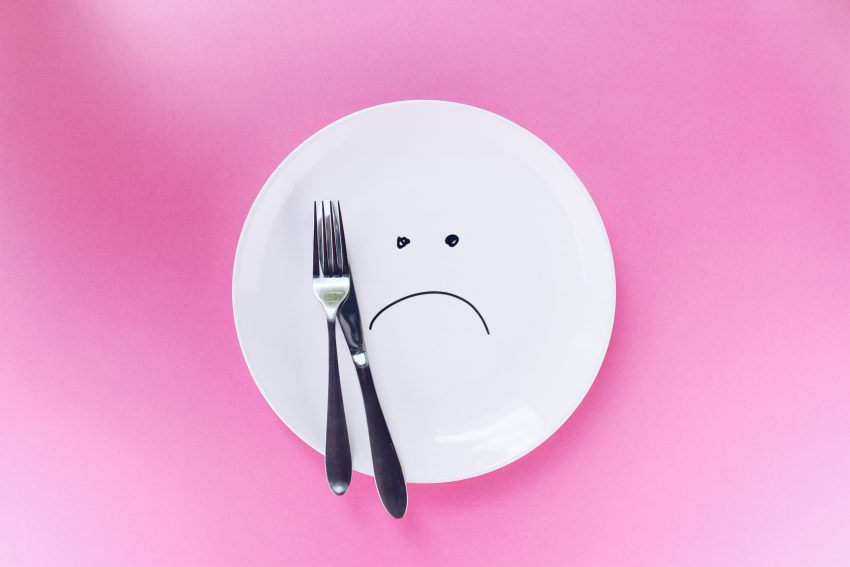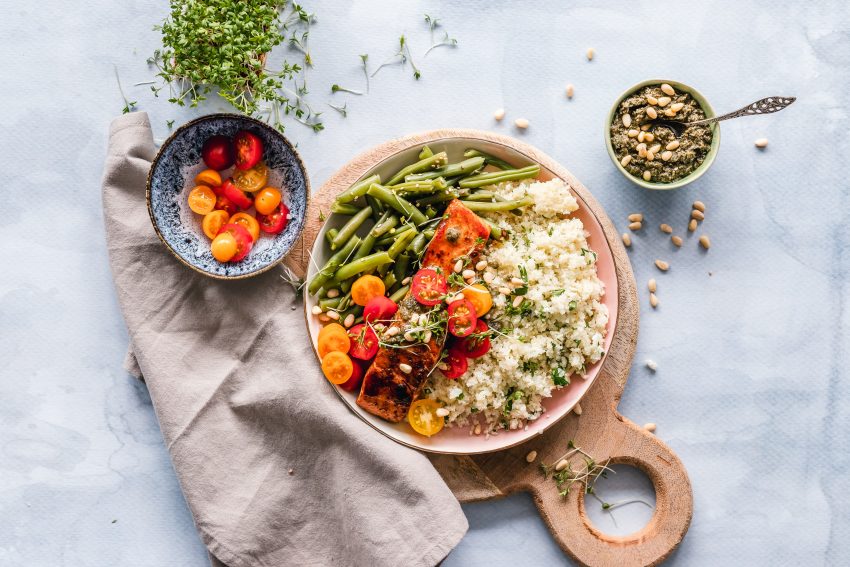What are carbs and what do we need them for, if we need them at all? And how is it possible that some of them are on the no-no list, while others can be part of a healthy diet?
If you have ever felt clueless during carb-related conversations, having no idea what this whole good carb/bad carb thing meant, don’t worry, we’ve been there too. Fortunately, differentiating them is not as hard as one might assume. Basically, carbs (one of three macronutrients) are a source of energy for the body that also act as a critical fuel for the brain and the heart. They help muscle preservation and promote digestive health too. In fact, according to healthline.com, dietary guidelines suggest that we get about half of our calories from carbohydrates (sugars, starches and fibres found in fruits, grains, veggies and milk products). However, the website also points out how controversial carbs are in the nutrition world.
What is optimal?
Over the years, carbs have gotten a bad reputation. Even if they play an important role in the human body, many believe that consuming fewer carbohydrates is the way to optimal health. Studies indicate that cutting carbs automatically reduces the appetite, as well as the calorie intake. There is scientific proof that having a low-carb diet could lower the blood sugar and insulin levels helping millions of people worldwide with diabetes and insulin resistance. What’s more, low-carb (and keto) diets have proven beneficial in treating brain disorders like epilepsy.
However, too little carbohydrate can be harmful, so it is important to be moderate. Also, what might work for someone doesn’t necessarily work for everybody. It is not a one-size-fits-all solution; the optimal carb intake depends on factors like age, gender, physical activity and metabolic health. The signs you aren’t eating enough (or not the right) carbs include exhaustion, immunity problems, weight loss issues, poor digestion, bad breath and moodiness.

Good Carbs vs. Bad Carbs
All in all, carbohydrates are not our enemy; all you have to do is make the right choices. This section will be very helpful for you in case you need practical advice on what the good and bad carbs are. Let’s start with the good ones: all vegetables are good carb sources so feel free to eat them every day. Whole fruits (apple, banana, strawberry, and so on) are likewise beneficial for the health, but keep in mind that some of them might have high sugar content. Make sure to incorporate legumes (lentil, kidney bean, peas), nuts (almond, walnut, peanut), seeds (chia seed, pumpkin seed), tubers (potatoes, sweet potatoes) and whole grains (oat, quinoa, brown rice) into your diet, while avoiding bad carbs like sugary drinks, fruit juices, white bread, white pasta, pastries and cookies, sweets, chocolate and French fries. They are low in minerals, do not provide lasting energy, and are also linked to weight gain and numerous serious health conditions.

Super Healthy High-Carb Foods
You might be surprised that quinoa, oats, buckwheat, banana, beetroot, sweet potato, orange, blueberry, grapefruit and apple are all high-carb foods known to be incredibly healthy. Some are rich in mineral and are very filling, others are a good source of protein and vitamin B6 and C. In case you want to cut down on carbohydrates, you better avoid them though.




